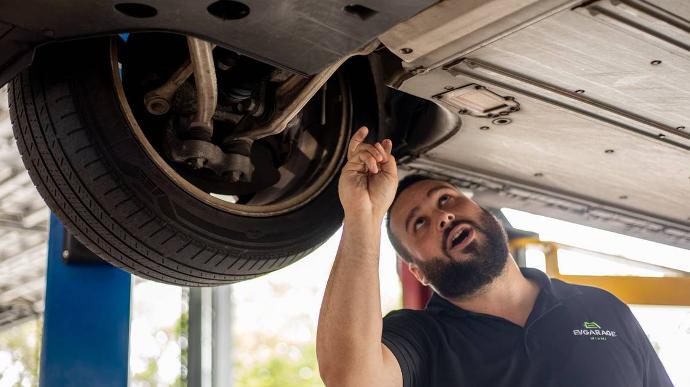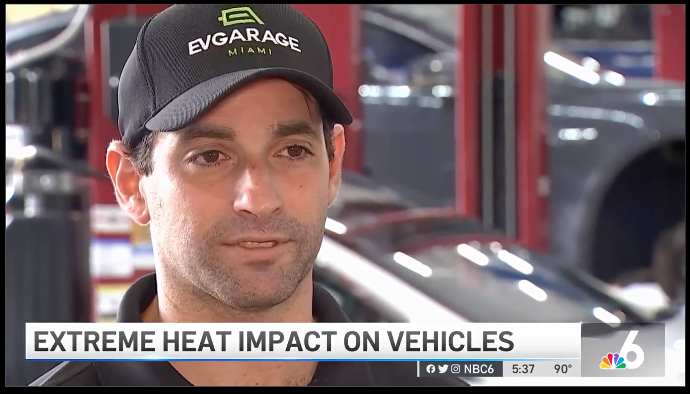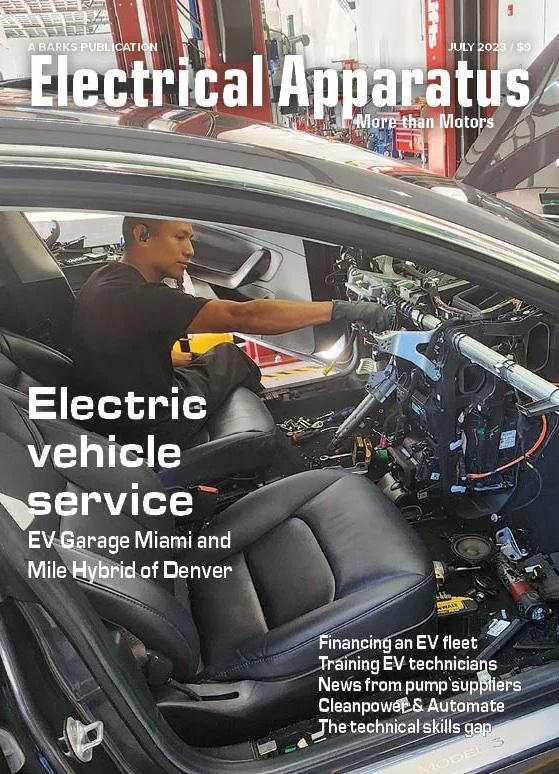Reading time: 3 min
Author: Ev Garage Marketing Department
Section 179 is a helpful option for businesses that want to increase their tax benefits when they acquire depreciable possessions. This provision, recognized by the Internal Revenue Service (IRS), enables businesses to deduct the entire cost of qualifying property in the year it's put into service, instead of spreading out the deduction over several years. Now, let's explore the essential points of Section 179.
For additional details, check out the IRS guide "How to Depreciate Property" specifically Section 179 Deduction.
Understanding Depreciation
Depreciation is a tax write-off that you can claim every year. It helps you recover the amount you spent or the value of certain property you use over time. Basically, it considers the damage or deterioration of the property due to use, age, or obsolescence.
Exploring Section 179
Section 179 is a great option for businesses seeking immediate tax benefits. It permits the full deduction of the qualifying property's cost in the year it becomes operational, offering a significant cash flow advantage. To qualify for the deduction, the property must be used for business purposes for over 50% of the time.
Eligible Property (Vehicles)
Most items such as buildings, machinery, vehicles, furniture, and equipment actively used in a business can be eligible for Section 179. In addition, certain intangibles such as patents, copyrights, and computer software are also eligible. (For a detailed list, refer to "What Property Can Be Depreciated?")
Deduction Limit
The IRS sets a limit on the total amount of Section 179 deduction that a taxpayer can claim in a given tax year. Limits can vary, so it's important to confirm the current tax year limit. As of 2023, the highest expense deduction for Section 179 is $1,160,000. (For specifics, see "What are the Deduction Dollar Limits for 2023?")
Electrifying Your Fleet Under Section 179
Wondering if you can electrify your current fleet using Section 179? Converting your Internal Combustion Engine (ICE) vehicles to Electric Vehicles (EV) might qualify, but it's essential to consult with an experienced Certified Public Accountant (CPA) or Tax Professional to confirm that your equipment or property meets Section 179 criteria.
Stay informed because tax laws change. Consult with a tax professional or the IRS for clarification on Section 179 and other tax regulations. For the latest updates on Section 179, check the IRS website or, you can visit "About Publication 946, How to Depreciate Property," provided by the Department of the Treasury Internal Revenue Service.






